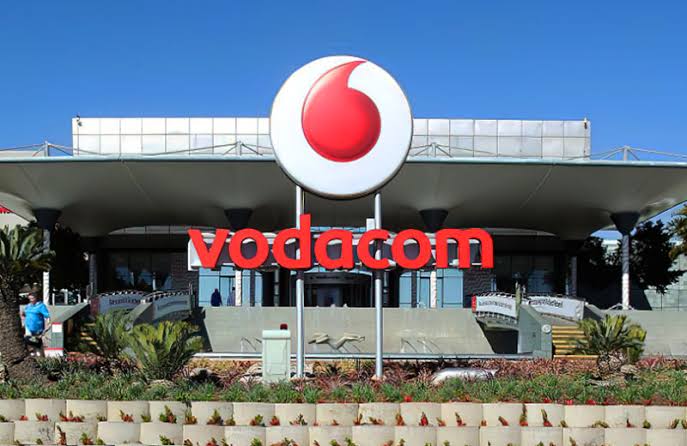Physical Address
60 Ekwema Cres, Layout 460281, Imo
Physical Address
60 Ekwema Cres, Layout 460281, Imo

South Africa’s mobile network operator Vodacom has filed a lawsuit against the Independent Communications Authority of South Africa (Icasa), the country’s communications regulator, accusing Icasa of approving spectrum pooling agreements between MTN, Cell C and Liquid Intelligent Technologies in an unlawful manner.
Vodacom contends that these agreements grant MTN an unfair advantage in terms of network quality.
The concept of spectrum pooling refers to an arrangement where multiple mobile network operators combine their allocated spectrum resources to create a larger contiguous block of spectrum.

This can potentially lead to improved network performance and efficiency for the participating operators.
Vodacom argues that the spectrum pooling agreements approved by Icasa constitute a “material change of control” event.
In such instances, South African regulations require a public consultation process to ensure transparency and fair competition.
Vodacom believes that Icasa failed to follow these regulations, giving MTN an undue advantage.
Vodacom has also raised concerns about the secrecy surrounding the approval process.
They allege that Icasa acted in an underhanded manner with MTN, keeping the details of the pooling agreements hidden from public scrutiny.
Additionally, Vodacom argues that the agreements disregard restrictions on guard bands, which are mandated frequencies separating different spectrum allocations to minimize interference.
Icasa has not yet responded publicly to the lawsuit or the allegations raised by Vodacom.
Read More: Commission Says No to Vodacom-Maziv Merger
If Vodacom prevails in court, Icasa could face serious repercussions for its handling of the spectrum pooling agreements.
The court may rule that the agreements are invalid, forcing Icasa to restart the approval process with a transparent public consultation.
This could significantly delay the implementation of the spectrum pooling arrangements.
MTN, the other major beneficiary of the agreements, could also be impacted by the lawsuit.
In a worst-case scenario, the court might decide to revoke MTN’s access to the pooled spectrum entirely.
This would be a major setback for MTN’s network expansion plans and could potentially cost them customers.
The lawsuit between Vodacom and Icasa has significant implications for South Africa’s mobile telecommunications landscape.
The outcome of the case will determine the validity of the spectrum pooling agreements and the future course of spectrum allocation in the country.
If Vodacom wins the lawsuit, it could set a precedent for stricter scrutiny of future spectrum deals by Icasa.
This could lead to a more level playing field for all mobile network operators in South Africa.
On the other hand, if Icasa is successful in defending its decision, it could pave the way for further spectrum pooling agreements, potentially leading to improved network quality and efficiency for South African mobile network users.
The legal battle between Vodacom and Icasa is likely to be a protracted one.
The stakes are high for all parties involved, and the outcome will have a lasting impact on South Africa’s mobile telecommunications industry.
Was this information useful? Drop a nice comment below. You can also check out other useful contents by following us on X/Twitter @siliconafritech, Instagram @ Siliconafricatech, or Facebook @ Silicon Africa.